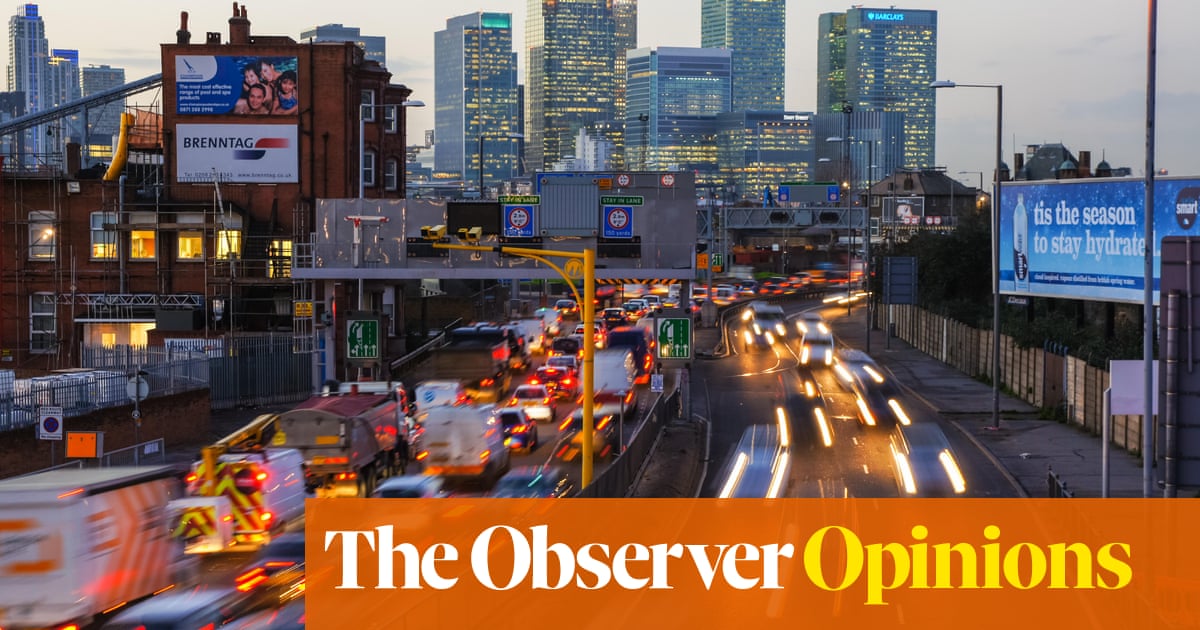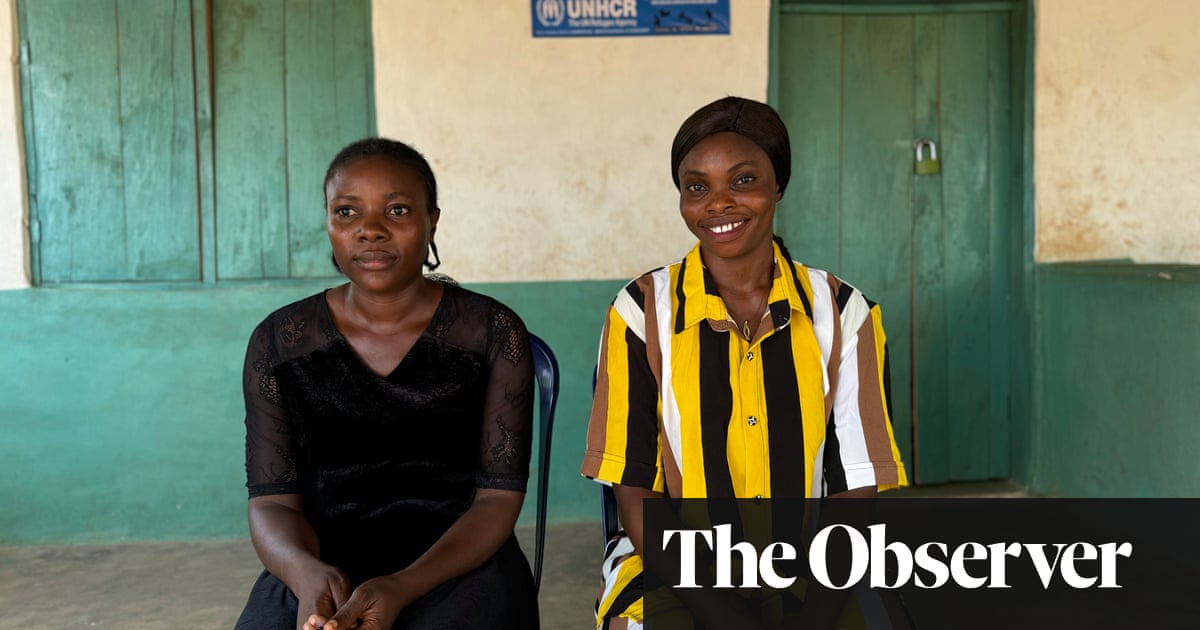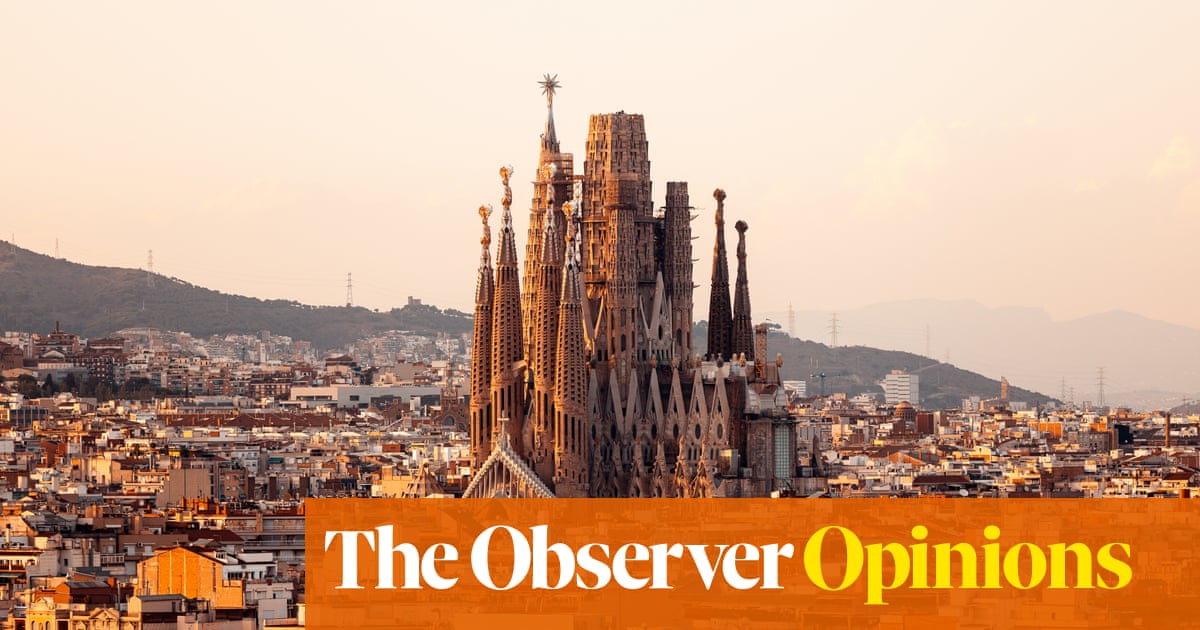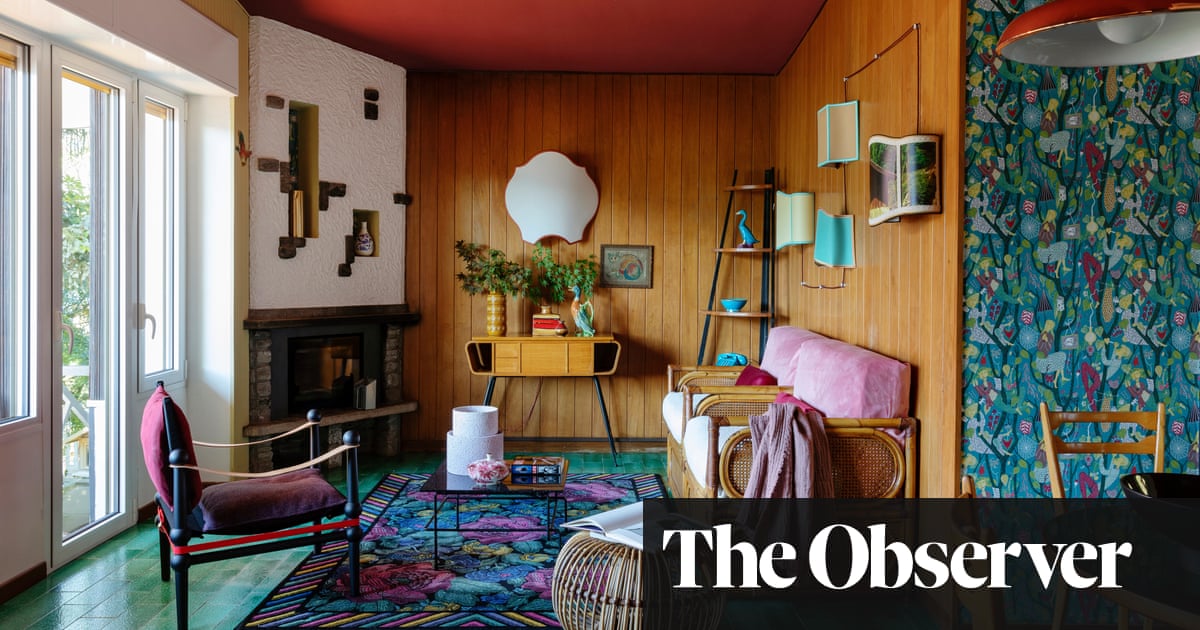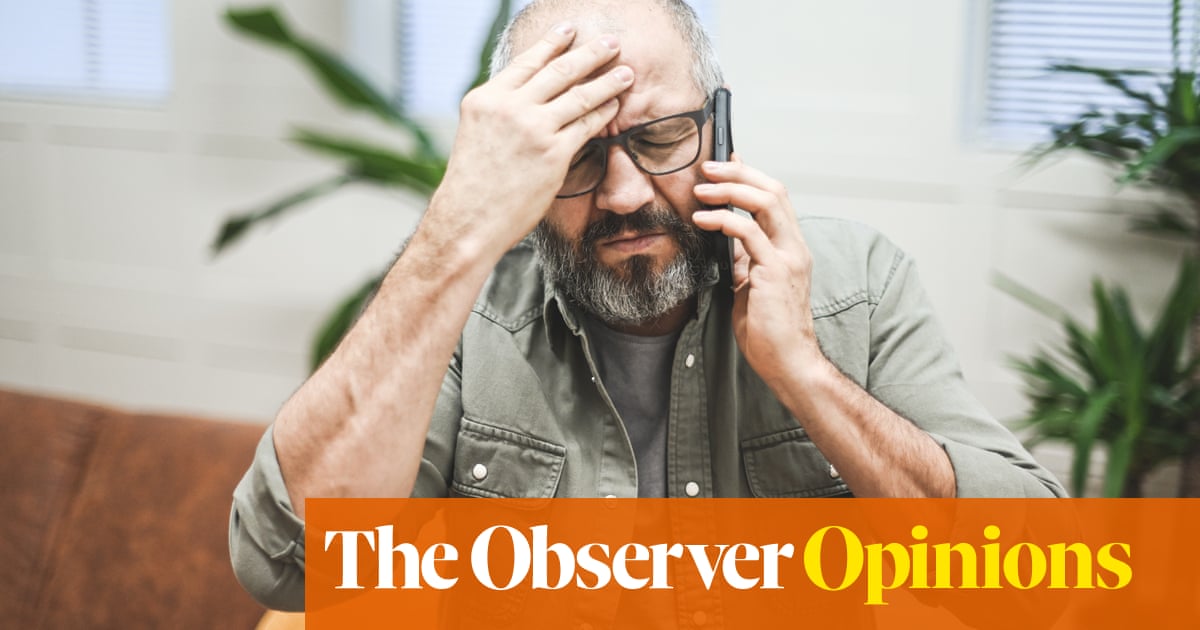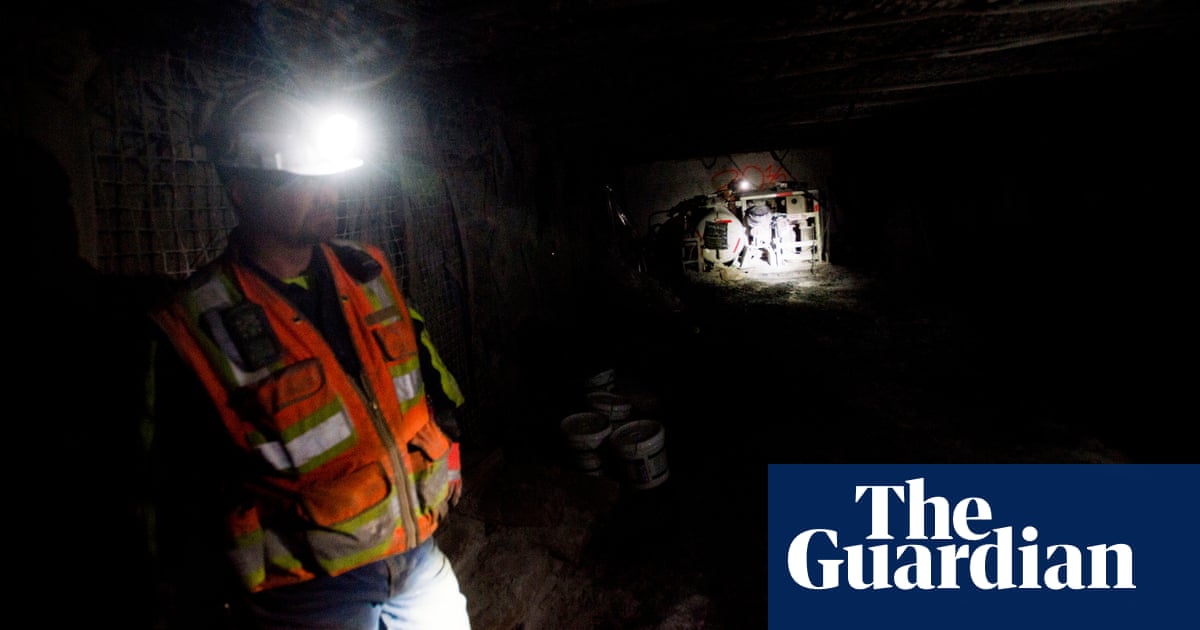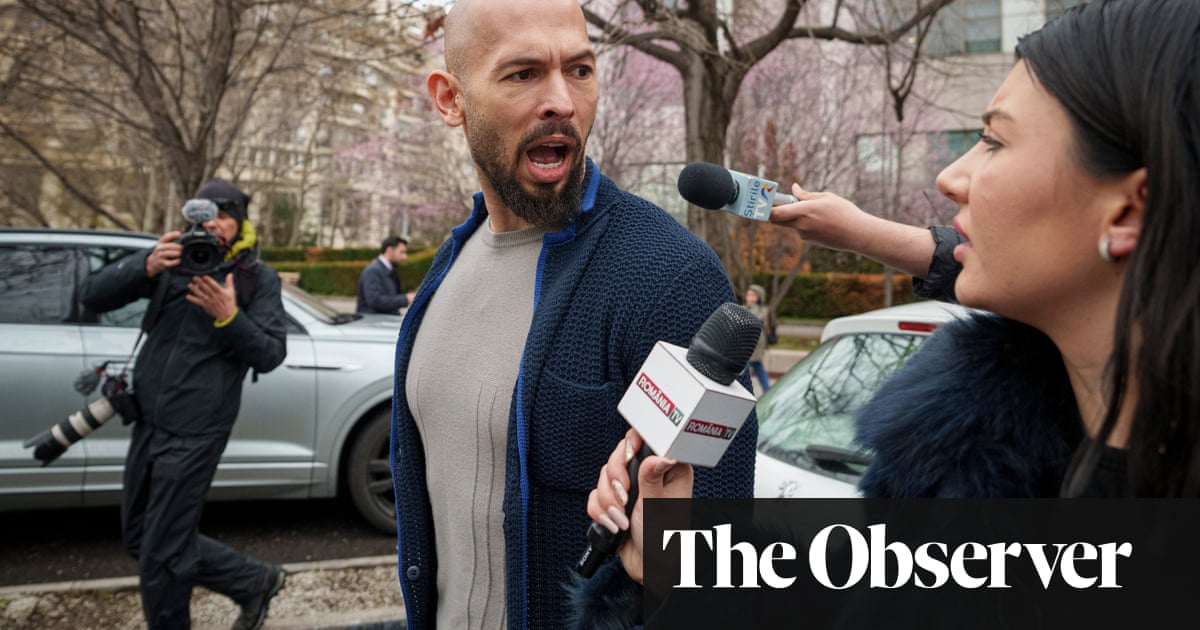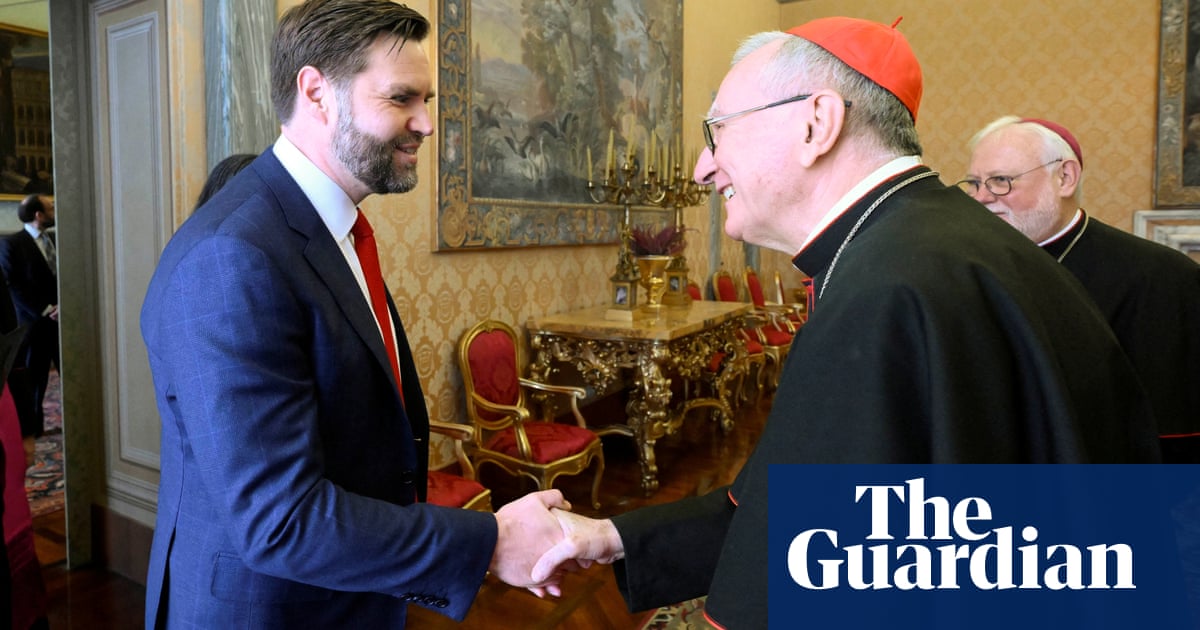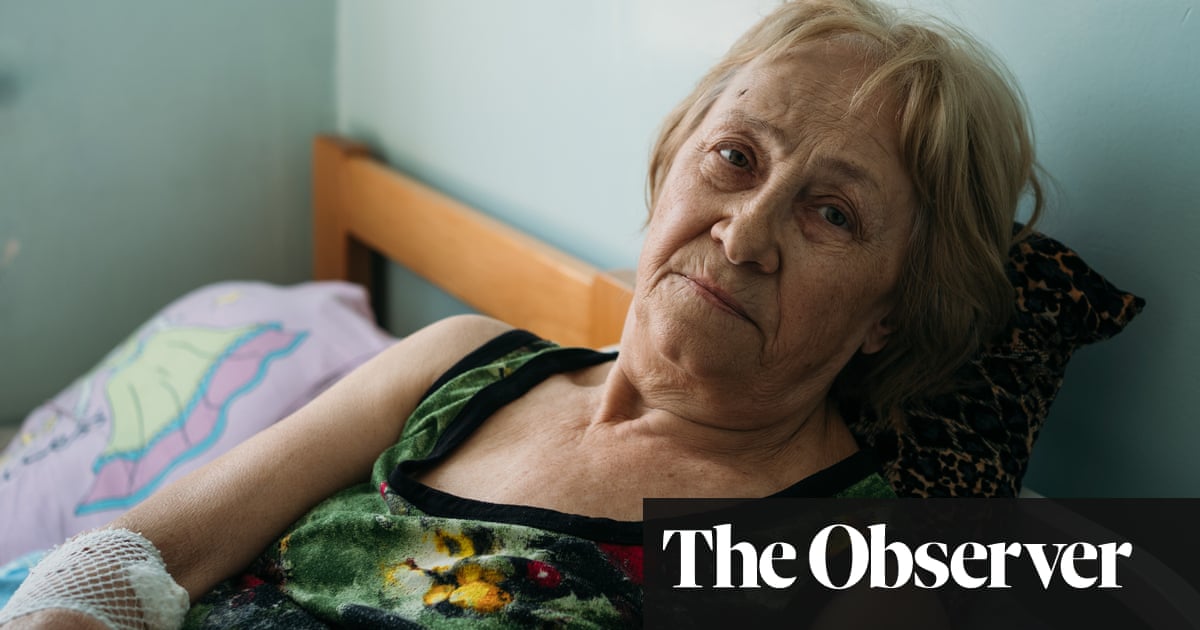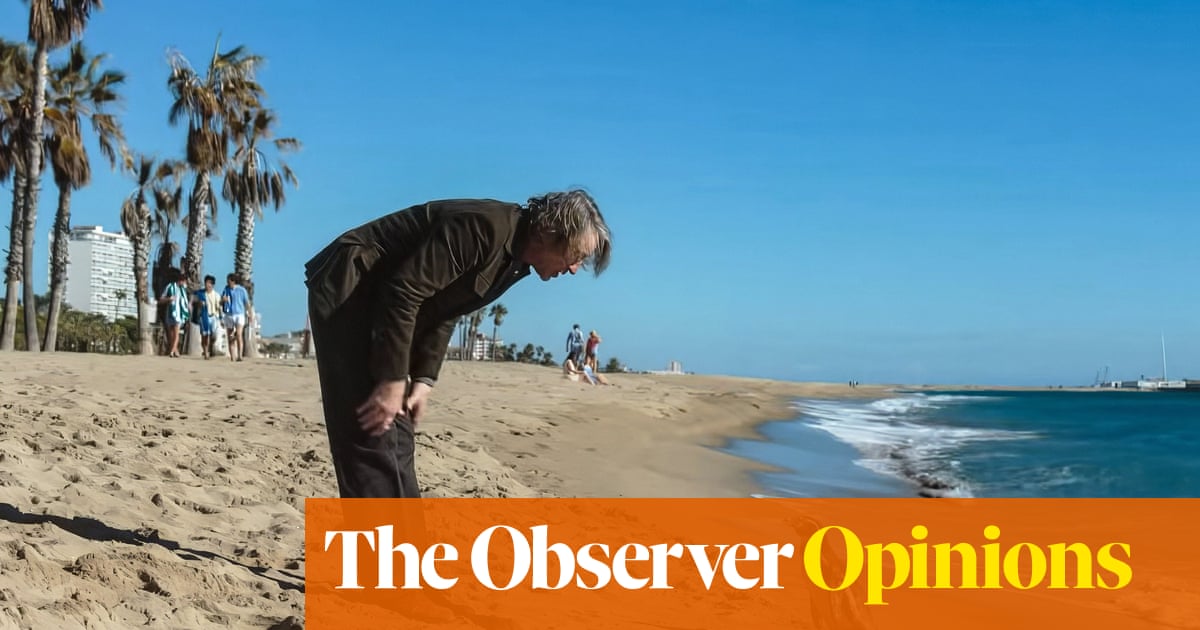Reporting on the rise of anti-Muslim hostility across Europe means repeatedly hearing generalisations about Europe’s 25 million Muslims. We are – all of us – too religious, easily drawn to extremism and terrorism, we live in parallel societies and Muslim women, especially those who wear the hijab, are victims of fanatical patriarchal oppression or foot soldiers in a drive to replace indigenous white Europeans.
Again and again, European governments instruct us to integrate: come in, step out of the shadows and join the sunny European mainstream. We should be less “foreign”, more European, adopt “European values” (just which ones is left unclear, but drinking beer and eating pork seem to be among them), get an education and then – and only then – actively participate in the political, economic and social life of our “host societies” which, according to Hungary’s Viktor Orbán, are purely Christian.
It is getting worse. The EU’s Fundamental Rights Agency recently released grim findings on the steep rise in anti-Muslim racism across Europe, with almost half of Europe’s Muslims facing discrimination because of their religion, skin colour and ethnic or immigrant background and, for the past 14 months, also because of societal tensions linked to the Israel-Gaza war.
Anti-Muslim racism has certainly gained traction since Israel unleashed what Amnesty International now calls a genocide in Gaza after the 7 October Hamas attack, and some EU governments’ insistence on equating criticism of the Israeli government with antisemitism.
Yet as I discovered when researching the recent Islamophobic frenzy in the Netherlands after violence in Amsterdam between Maccabi Tel Aviv football fans and local people, there is a shriller and more insidious twist to the conventional civilisational, Eurocentric narrative. The subtext is that there is no longer a distinction between bad and good Muslims. Those who are part of the mainstream are just as much of a problem as those who are supposedly unadapted and antisocial.
Vitriolic debates in the Netherlands illustrate this development in the anti-Muslim discourse. Geert Wilders, the far-right anti-Islam Dutch MP who presides – unofficially – over the rightwing Dutch coalition government, falsely claimed that “Moroccans” were responsible for the violence in Amsterdam. He has threatened to deport and strip the citizenship of those deemed to have instigated it. The Dutch prime minister, Dick Schoof, insisted “we have to get rid of antisemitism” through “better integration, better child rearing and education”.
The secretary of state for benefits, Nora Achahbar, who is of Moroccan descent, resigned over what she described as racist remarks made by members of the government. The centre-right People’s party for Freedom and Democracy (VVD), which is part of the four-party coalition, has tabled a parliamentary motion asking the government to “keep details of cultural and religious norms and values of Dutch people with a migration background”.
Amid the war of words, Wierd Duk, a veteran commentator at the Telegraaf newspaper, suggested that the “real problem” with Muslims in the Netherlands – and by extrapolation across Europe – is that antisemitism and “hatred of the west” are instilled even in “well-integrated Muslims, who are highly educated, who have positions, who have columns, who work at universities”.
Duk’s comments have been rebutted by, among others, the Dutch-Moroccan historian Nadia Bouras, who said in an interview that such “malicious” remarks were meant to keep Muslims in a constant state of being “foreign”, even though they’re not. “It’s meant to discipline, humiliate, and – now it has become clear – punish them by taking away their nationality if they don’t do what you want.”
A Dutch Socialist member of the European parliament, Mohammed Chahim, tells me it is also a way of undermining Muslims’ achievements, role and influence.
In the EU’s Brussels bubble, an influential communications specialist tells me that Muslims struggle to be accepted. “No matter how well somebody speaks the language, gets the degrees, adopts the right dress codes, some opportunistic politician will point to something and declare it an ‘ethnic quirk’ that is incompatible with European values.”
All of this is depressing enough, but the debate on European Muslims – and not just among far-right politicians – has taken on even darker undertones. The accusations of Muslims being permanent outsiders are a new version of what was once said about Europe’s Jews. “Now it is the Muslims who are accused of not fitting in, who have become ‘the other’ to Europe,” agrees Farid Hafez, the Austrian political scientist. “It is like we are Europe’s new Jews,” the human rights activist Shaza Alrihawi, who lives in Germany, tells me.
As a new year begins, I tell myself this too will pass. Europeans will get used to living with diversity, the far right will find other hobbyhorses and European politicians will stop their carelessly divisive toxic talk.
And I often lose hope. The backlash always gets worse after a terror incident such as the recent attack in Magdeburg, which is being exploited by those determined to place all people of Muslim heritage, whatever their ideological preferences, under suspicion.
Yet, on a good day I believe attitudes will change as more Muslims speak out, work their way up the ladder and, in Chahim’s words, make it clear that “we know our fundamental rights, we know the law and we are successful”. When that happens, European Muslims may finally be recognised as individuals and citizens in all their complicated diversity instead of being reduced to simplistic caricatures and Orientalised stereotypes. Perhaps then, we will no longer be damned if we integrate and damned if we don’t.
-
Shada Islam is a Brussels-based commentator on EU affairs. She runs New Horizons project, a strategy, analysis and advisory company

 3 months ago
47
3 months ago
47





